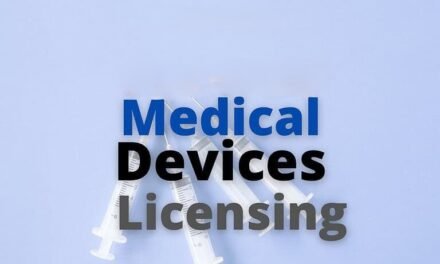
Funding for Indian Medical Device Startups Expected to Double in 2024

India’s medical device sector is experiencing a significant surge in investment, driven by a combination of government initiatives, private equity interest, and a robust startup ecosystem.
Government Initiatives:
- Production Linked Incentive (PLI) Scheme: The Indian government has approved 26 projects under the PLI scheme for medical devices, with a committed investment of approximately ₹1,206 crore (around $147 million). This initiative aims to foster growth and innovation in the MedTech industry, aspiring to establish India as a global manufacturing and innovation hub in the coming years.
- National Medical Devices Policy 2023: Launched to propel the sector’s growth from $11 billion in 2022 to $50 billion by 2030, this policy focuses on six key areas: regulations, infrastructure, R&D, investments, human resources, and branding.
Private Equity and Venture Capital Investments:
- Increased Deal Activity: Since 2017, the medical devices sector has witnessed approximately 59 private equity transactions, with deal activity increasing 3.3 times compared to pre-COVID-19 levels.
- Notable Investments:
- Warburg Pincus and Meril Life Sciences: In February 2022, Warburg Pincus invested approximately $210 million in Micro Life Sciences, the parent company of Meril Group, India’s largest medical devices company.
- KKR and Healthium MedTech: In May 2024, KKR acquired Healthium MedTech, a leading Indian medical device manufacturer, from Apax Partners in a deal valued at $839 million.
Startup Ecosystem:
- Vibrant Innovation Landscape: India’s medical devices sector boasts a diverse and vibrant startup ecosystem, with over 250 organizations engaged in innovations addressing critical health issues.
- Government Support: The abolition of the “angel tax” in July 2024 has been welcomed by the startup ecosystem, eliminating a significant compliance burden and fostering an environment conducive to innovation and investment.




























